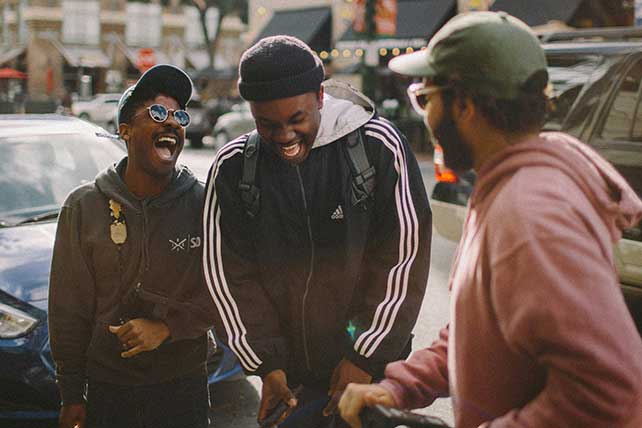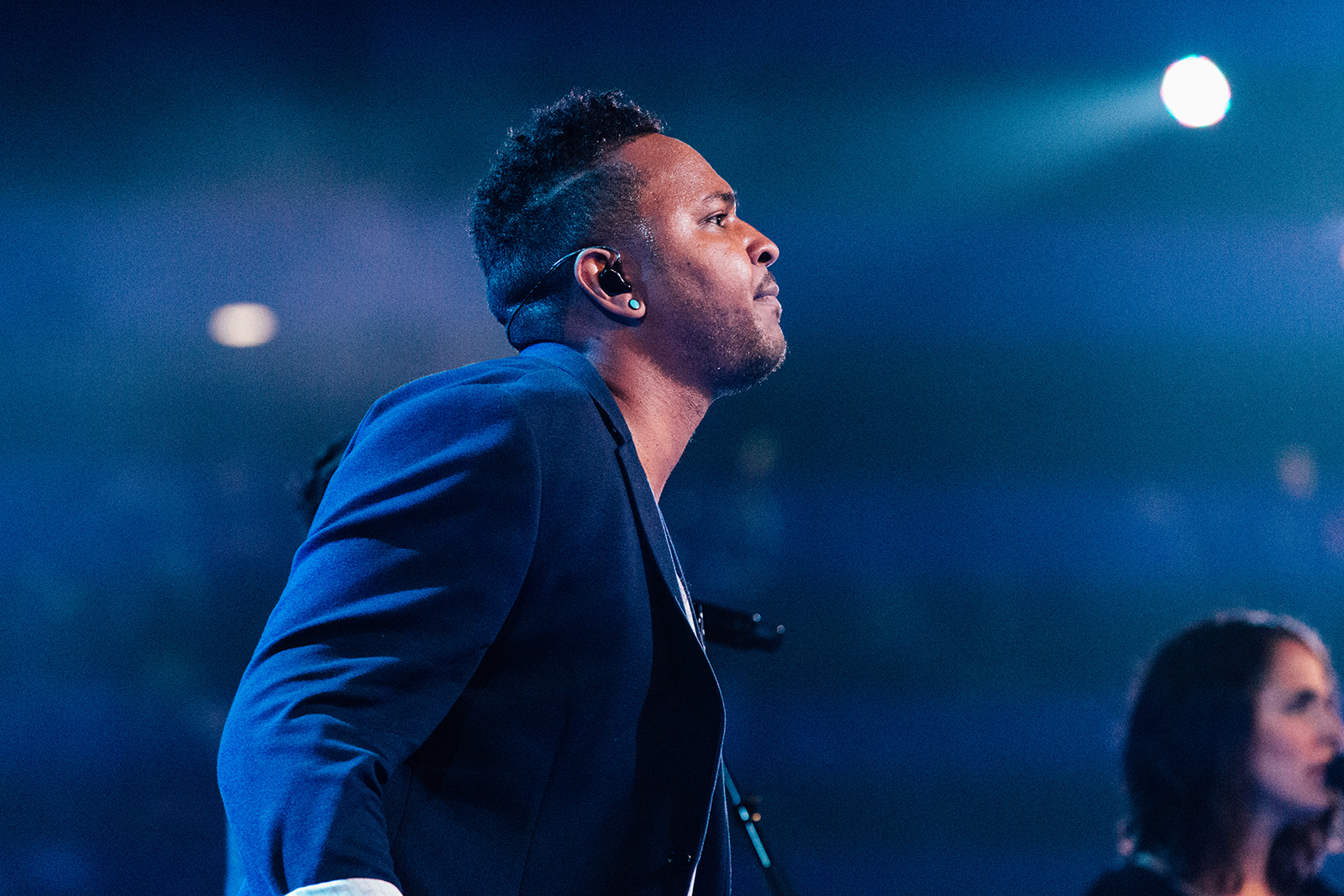(RNS) — When Black Americans leave religion, it’s rarely a clean break.
Take Rogiérs Fibby, a self-described agnostic, atheist and secular humanist who grew up in the Moravian Church. The head of the Washington, D.C., chapter of the Black Secular Collective, Fibby also considers himself “culturally Christian.”
“I know all the lingo, the theologies of different denominations, the theological distinctions, how to move in those different spaces theologically and interpersonally,” he told Religion News Service.
Or take Felicia Murrell, who served in church leadership across a range of denominations for over two decades. Today she thinks of herself as “interspiritual,” but she also told RNS, “Christianity is my mother tongue.”
RELATED: Who Are the ‘Nones’? New Pew Study Debunks Myths About America’s Nonreligious.
Then there’s William Matthews, longtime Bethel Music recording artist who left the church for about six years, starting in 2016. Today he’s the music director at New Abbey, a progressive, LGBTQ-affirming church in Los Angeles where exvangelicals and religious ”nones” regularly attend.
William Matthews. (Courtesy photo)
“We don’t have the privilege to not need God, or some type of God or spirituality,” Matthews, who now identifies as Christian, told RNS about Black Americans. “It’s always been our backs against the world.”
Of the roughly 20% of Black Americans who are religiously unaffiliated — or nones — about one-third believe in the God of the Bible, and over half believe in some other higher power, according to a January Pew study. Eighty-eight percent believe humans have a soul or spirit, 71% think of themselves as spiritual, and by nearly every other religious or spiritual metric — belief in heaven and hell, daily prayer — Black nones come across as more religiously enmeshed than other nonaffiliated groups.
“They are not affiliated with a religion, but that does not mean they don’t have various devotional practices, various spiritual beliefs,” said Kiana Cox, senior researcher on the Race and Ethnicity team at Pew Research Center, who also pointed out that Black Americans generally are more likely to engage in religious practices than other racial groups.
While statistics on unaffiliated Black Americans paint a clear picture of their spiritual nature, the data doesn’t explain why this group seems to retain religious attachments, or what sorts of communities they are embracing beyond the church. As Black nones continue to depart the religious institutions that have historically served as vehicles for social change, the answers to these questions could have broader implications for the future of Black-led activism.
According to some experts, the central role religious groups played in securing civil rights is part of why Black nones retain elements of religiosity.


